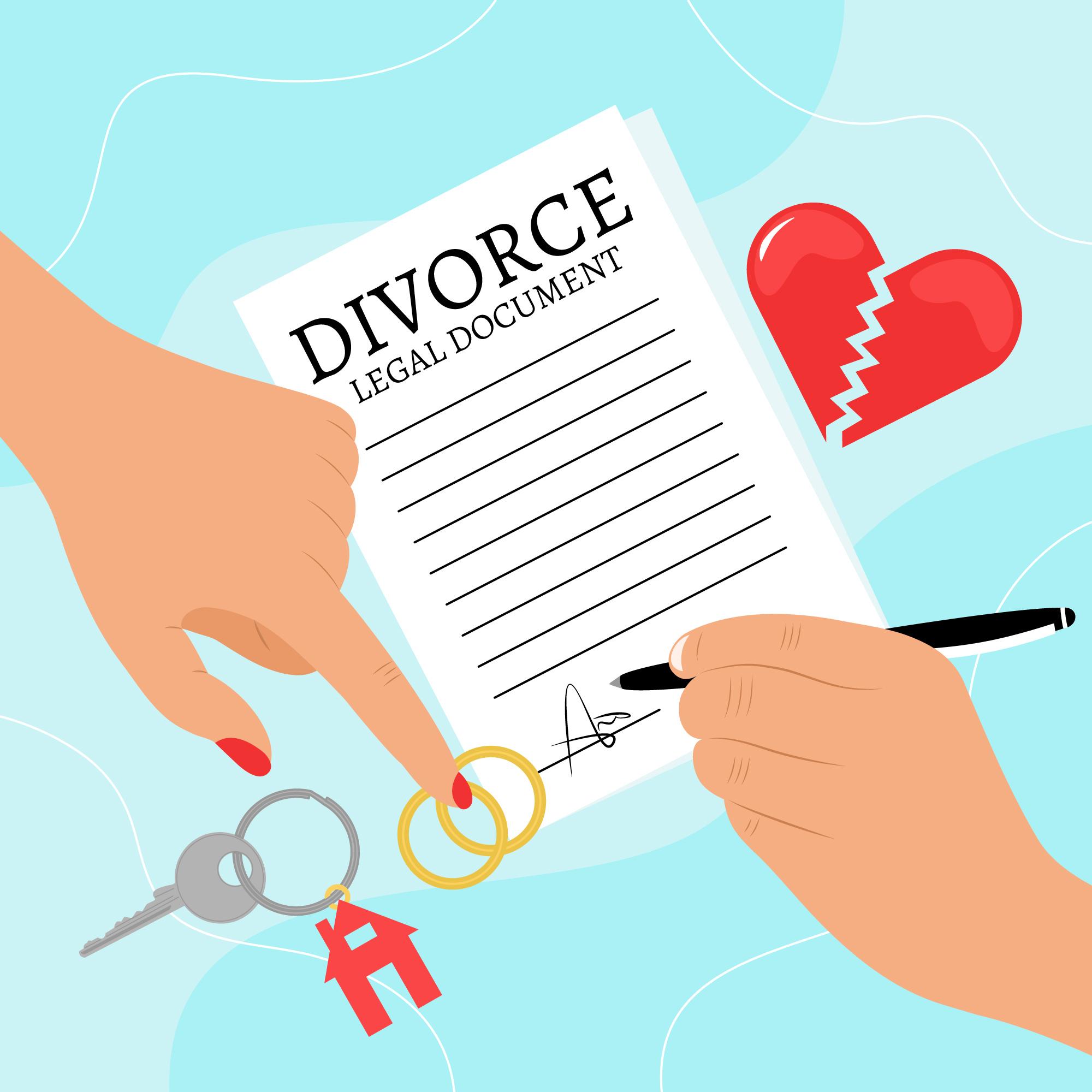In our modern and busy lives, it’s quite normal to encounter situations that cause significant stress and provoke strong feelings of anger. These situations may arise from work pressures, traffic jams, or personal disagreements, and they can quickly take a toll on our emotional well-being and relationships. Learning to handle anger in these high-stress moments becomes essential to keeping ourselves emotionally stable and capable of making rational choices.
Practice Deep Breathing
Deep breathing is a fundamental and easily accessible technique to manage anger in high-stress situations. It provides a momentary pause to counteract the body’s stress response and regain composure.
When you feel anger rising, take a moment to find a quiet space and sit or stand comfortably. Inhale deeply through your nose, allowing your diaphragm to expand fully, and exhale slowly through your mouth. Repeat this process several times. Deep breathing triggers the parasympathetic nervous system, reducing the heart rate and promoting a sense of calmness. As you focus on your breath, you divert attention away from the stressors, allowing your emotions to settle and helping you approach the situation with greater clarity.
Engage in Physical Activity
Physical activity serves as an effective outlet for releasing pent-up anger and stress, providing a healthier way to cope with high-stress situations.
When anger overwhelms you, channel that energy into physical activity. Go for a brisk walk, run, swim, or engage in any form of exercise you enjoy. Physical activity releases endorphins, the body’s natural mood boosters, which can alleviate anger and promote a sense of well-being. Moreover, exercise helps reduce stress hormones, which, in turn, aids in managing anger more effectively. Regular physical activity can also improve overall mental and emotional resilience to stress.
Practice Mindful Meditation
Mindful meditation is a powerful technique that cultivates self-awareness, enabling individuals to acknowledge and manage anger in high-stress situations.
Find a comfortable and quiet space to sit or lie down. Focus your attention on your breath, bodily sensations, or a chosen object. When anger arises, observe it without judgment. Mindful meditation allows you to detach from the immediate emotional reaction and observe your thoughts and feelings from a distance. By accepting your emotions nonjudgmentally, you gain better control over your reactions and learn to respond more thoughtfully to stressors. Regular mindfulness practice enhances emotional regulation and overall well-being.
Practice Active Listening
Active listening is an essential skill for managing anger in high-stress situations. It fosters effective communication and promotes understanding and empathy.
When faced with a stressful situation, give the other person your full attention while they express their concerns. Set aside your own thoughts and emotions temporarily and focus on understanding their perspective. Paraphrase what they say to ensure you comprehend their message accurately. Active listening helps create a supportive environment, allowing both parties to express themselves without escalation. By understanding the other person’s viewpoint, you can address the root causes of the issue, leading to a more constructive resolution.
Take a Time-Out
Sometimes, stepping away from a high-stress situation can be the best course of action to prevent anger from escalating.
If you feel anger building up, consider taking a temporary timeout from the situation. Excuse yourself politely and find a quiet space where you can collect your thoughts and emotions. This break allows you to cool down and gain a new perspective on the situation. While on a time-out, engage in activities that soothe your mind, such as deep breathing, stretching, or listening to calming music. Once you feel more composed, you can return to the situation with a calmer demeanor and clearer thoughts.
Practice Cognitive Restructuring
Cognitive restructuring involves challenging negative thought patterns and replacing them with more balanced and rational thinking.
When anger arises, pay attention to your inner dialogue. Are you engaging in catastrophic thinking or assuming the worst about the situation? Challenge these negative thoughts by considering more realistic and objective perspectives. Replace extreme thoughts with more balanced statements, such as “It’s challenging, but it’s not insurmountable.” By reframing your thoughts, you can minimize the intensity of anger and approach the situation with a more level-headed outlook.
Seek Support and Vent
Seeking support and venting to someone you trust can be a healthy way to release emotions and gain perspective on the situation.
Find a friend, family member, or counselor who will listen empathetically to your feelings and experiences. Venting allows you to express your anger without bottling it up, which can be detrimental to your emotional well-being. Sharing your feelings with someone supportive can provide validation and understanding, helping you feel heard and acknowledged. However, be mindful not to engage in excessive complaining or rumination, as this may intensify negative emotions. Instead, use this opportunity to gain perspective and explore possible solutions to the situation.
Use Humor and Laughter
Humor and laughter can be powerful tools for diffusing tension and managing anger in high-stress situations.
When appropriate, try injecting humor into the situation to lighten the mood. Laughter triggers the release of endorphins, which promote relaxation and elevate the mood. Additionally, humor can help shift your focus away from the stressor, allowing you to view the situation from a different angle. However, exercise caution when using humor, as inappropriate or offensive jokes may exacerbate the situation. Aim for light-heartedness and positivity, ensuring that humor remains a tool for managing anger constructively.
Reminder
Managing anger in high-stress situations is a skill that can significantly improve emotional well-being and interpersonal relationships. Learning and implementing these techniques can foster a greater sense of emotional intelligence and resilience, ultimately leading to a more balanced and fulfilling life.
However, if you sense that your anger is starting to break relationships and disrupt your life, it is advisable to seek professional help right away. Visit Mindshift Psychological Services to help manage your anger. You may contact them at (714) 584-9700 to schedule an appointment.







